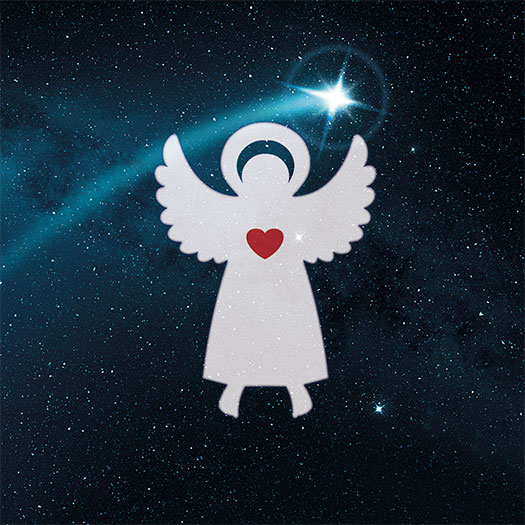“Behold Your God!”
COVER STORY – CONVENTION REPORT
The thirty-third Convention of the Church of the Lutheran Confession
was held at Immanuel Lutheran College, Eau Claire, Wisconsin on
June 21-24, 2018. The theme of the convention was “Behold Your God!”
Pastor David Pfeiffer served as chaplain to the convention, opening and closing each session with the Word of God—where we most clearly “Behold Our God!”
President Michael Eichstadt addressed the convention with his biennial report centered on that same theme, reminding us to recognize and proclaim the power of God in our homes, in our fellowship, in all the world, and in our testimony to the Truth.
The two essays that were presented further divided the convention theme into two parts:
1) “The LORD GOD came with a strong hand!” and
2) “The LORD GOD comes with a gentle embrace!”
The first essay was delivered by Professor John Ude.
The essay was based on Isaiah 40:9-10 (NIV):
“You who bring good news to Zion, go up on a high mountain. You who bring good news to Jerusalem, lift up your voice with a shout, lift it up, do not be afraid; say to the towns of Judah, ‘Here is your God.’ See, the Sovereign Lord comes with power, and he rules with a mighty arm. See, his reward is with him, and his recompense accompanies him.” “Behold Your God!”



